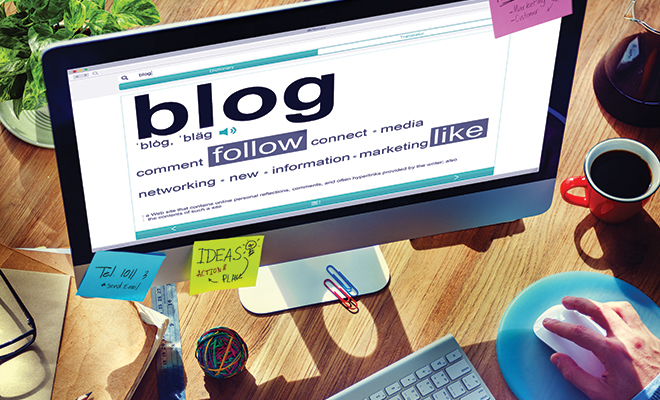
Social Media and the Workplace
We know the power of social media–or we should. It has started protest movements, given presidential candidates a jump-start and had people fired. So while social media–Twitter, Facebook, Reddit, Snapchat, Instagram and others–may be a boon for easing communication, working professionals (and those who want to be) need to remember that social media accounts are not completely private; tweets and other regretted posts can be screensaved and actually live forever.
We spoke to experts about what you need to be aware of while using different social media platforms. We’ve heard stories of potential employers asking for recruits’ credit scores, bank accounts and social media passwords. However, even if no passwords are requested, potential employers can still see what’s out there on you. “Employers want to know who you are and that you are fit for the job. They will make hiring decisions based on your social media presence,” David Scher, principal of the Employment Law Group, LLC, comments. “People can occasionally be found praising their job on social media, but generally we see more rants when it comes to employment.”
What’s considered legal to share on your social channels about your employment? Even if you aren’t sharing confidential information, could you be damaging your business? And if you do share something you shouldn’t have, what rights does your employer have to terminate you? Scher says to refrain from “bad-mouthing current or former employers, especially gossipy opinions or nonfactual information. Avoid cursing, drunken pictures, or posts of extreme religious or political opinion. While technically this should not affect an employer’s hiring decision, it might anyway.”
Jason Carney of WorkSmart Systems, Inc. says he’s seen it all when it comes to social media best and worst practices. There are a few key dos and don’ts that Carney lives by. “Your boss will love it when you promote the company brand. Attending a company event? See your business on a billboard on the way into work? Post and share it! We are always looking to recognize our #1 fans within the company.” And don’t forget to double-check your presentation. Forty-three percent of people are negatively influenced by spelling and grammar mistakes on social media. With only 140 characters, what you say on Twitter matters and reflects upon the company.
“Never, ever reflect employers in a negative light. Forty-four percent of job recruiters reported throwing an application away if they saw employer-trashing on social media. Additionally, four out of five employers have written social media policies, which could lead employees out the door if they reflect the company or themselves negatively on social media. Employers are your biggest advocate,” Carney notes. “Return the favor and keep social media clean, positive and supportive.”
Another pitfall is “over-friending,” says Carney. “Business and professional relationships don’t need to turn into personal ones. While friending a colleague may seem like an amicable thing to do, do you really want them seeing all your family photos and weekend activities?” Friend request sparingly and leave connecting with colleagues to platforms such as Google+ and LinkedIn.
Talaya Waller, a personal branding consultant, says, “Part of the reason I became a personal branding consultant is because I was able to see what employers were searching about me online. Thanks to Google Analytics, I could see that it was more than I ever imagined. Employers are people at the end of the day, and when people want to know about someone they ask someone or Google it.”
There’s no need to completely sanitize your social media footprint. “We do stalk your social media and entire Internet footprint, so make yourself look good, but not too good,” Stephanie Cabral of Epic PR says. “We think it’s weird if we can’t find one embarrassing photo of you, but we don’t want to find your Facebook page full of 27 recent selfies, leaving us to wonder if you have any friends.”
So what’s safe to post? Feel free to post pictures with friends and family, status updates sharing relevant news, relevant causes, positive status updates about major life events and posts showing hobbies.
Deborah Osae-Oppong, of the University of California, San Diego, says to look at the larger picture. “Have a vision for your personal and work social media. Consider creating accounts that you use solely for work. Follow your organization’s social media channels so that you can leverage their content and be transparent about your affiliation with your organization.”
And always remember that social media posts can be indelible. Therefore, says Ingrid Kibler, Social Media Account Supervisor for HCK2 Partners, “When in doubt, leave it out. Since privacy settings are limited and the delete button is an illusion, someone from your trusted network can screenshot your post and publish it publicly, or print it and show individuals who may be affected by your post.” The best rule to follow is to post as if your status updates and tweets will live forever, because they just may. HLM
Sources: worksmartpeo.com, employmentlawgroup.com, talayawaller.com, hck2.com.







